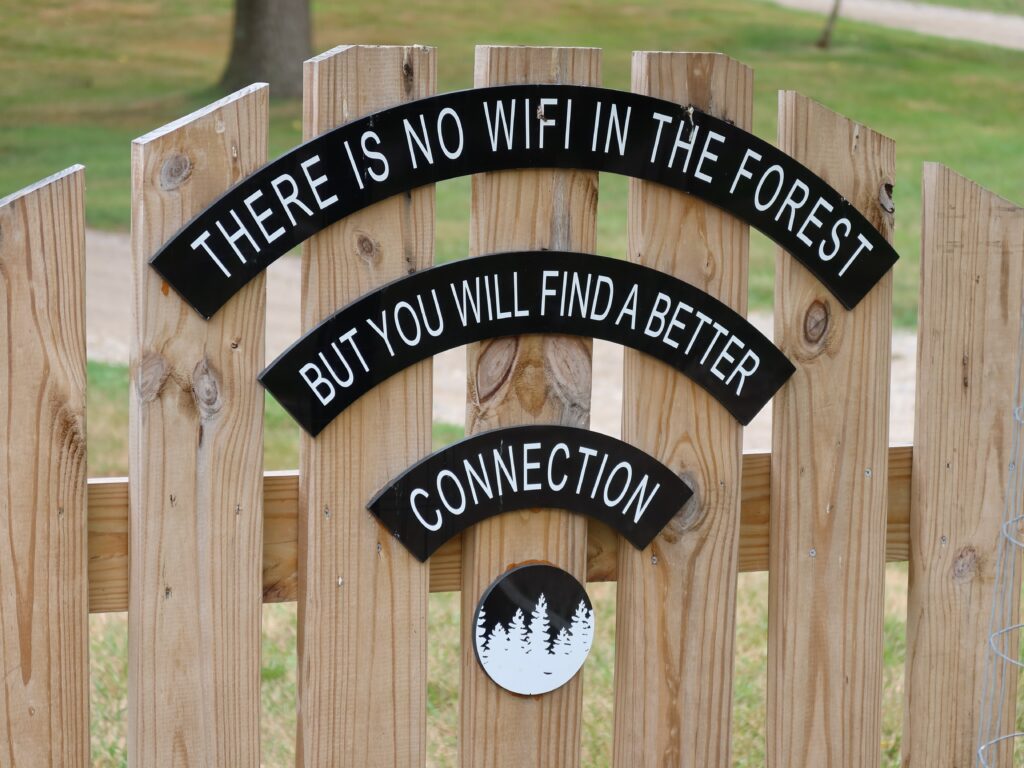Zoophilia OCD, or ZOCD, is a subtype of obsessive-compulsive disorder (OCD) where you experience obsessions that are sexual or romantic about animals, typically a pet. With ZOCD and other manifestations of OCD, the intrusive thoughts you have aren’t representative of your beliefs—meaning that you’re not actually romantically attracted to animals, but you fear that you might be. (If the feeling goes beyond a fear that you might be romantically attracted to a pet and includes a fear that you might have, or want to have, actual sexual relations with an animal, that’s called bestiality OCD.)
When you have disturbing thoughts, it can be hard to remember this important fact: There is a big difference between intrusive thoughts and your actual desires or fantasies. For people with ZOCD, there is often a feeling of shame or disgust at the idea of having a romantic relationship with an animal.
While ZOCD may center on a taboo subject matter, it still follows the same obsessive-compulsive cycle as most other subtypes of OCD. This means that ZOCD typically starts with a trigger—either internal or external—that brings about intrusive thoughts. These thoughts then cause emotional or physical distress, which compels you to engage in compulsions in order to alleviate the unpleasant feelings. However, this cycle repeats—sometimes many times throughout the day—and creates significant discomfort and disruption to your life.
Here’s a closer look at some of the symptoms of ZOCD, and advice on how to better manage them through treatment.
What are ZOCD symptoms?
ZOCD involves a cycle of intrusive thoughts or obsessions and subsequent compulsions. With ZOCD, the obsessions may look like thinking of engaging in romantic activities with animals or feeling “fake arousal” (also known as false attraction) around animals.
This can lead to a lot of uncertainty about what you actually desire, what kind of person you may be, the values you hold, and more. This uncertainty is what feeds the OCD, and it can lead to an overwhelming sense of fear and anxiety. To quell the uncomfortable feelings your obsessions cause, you may turn to compulsions. Compulsions, however, only offer a temporary distraction from the intrusive thoughts and alleviation of distress — so they don’t fix the problem.
Examples of compulsions in ZOCD include:
- Avoiding animals
- Avoiding places where animals may be, such as a park or zoo
- Seeking reassurance that you won’t actually act on your thoughts
- Seeking reassurance about the kind of person you are
- Performing mental rituals to stop the intrusive thoughts
How can ZOCD be treated?
The most successful treatment for ZOCD is a form of behavioral therapy called exposure and response prevention (ERP). Unlike traditional talk therapy, which can backfire and make OCD worse, ERP — which was developed specifically to treat OCD — is clinically proven to be highly effective in the majority of people.
How does ERP work? A trained therapist who specializes in OCD will take the time to understand your symptoms and create a custom ERP therapy plan specifically for you. Starting with something least likely to elicit anxiety — for example, your therapist may simply show you a photo of things out of order, if you have an obsession with symmetry — you’ll have the support and encouragement you need to resist a compulsive response. You’ll be given tools to engage in “self-talk” that eventually quiets the irrational thoughts going through your mind — such as the fear that something bad will happen if everything around you isn’t arranged in perfect symmetry — until your anxiety level declines. Only when you’re comfortable with the initial experiment will your therapy progress so you can conquer bigger fears.
Ultimately, ERP with a trained therapist will help you live the life you would choose to live if OCD did not exist. You won’t be riddled with distress from intrusive thoughts. And the things that matter the most to you won’t be at risk of slipping away. For instance, instead of constantly obsessing over whether your partner is going to leave you, you’ll be able to live your life free from these thoughts and have the relationship you deserve.
By beginning ERP on your own without a therapist, you risk starting on an exposure exercise that you’re not ready for, which is like lifting weights that are too heavy for you instead of starting with the right load for you. With an ERP therapist guiding you the whole time, you’ll practice confronting your fears in very small doses and in the controlled setting of therapy. When you’re ready, you’ll then bring these lessons that you work on with your therapist back into your everyday life. The result is that something amazing happens: Your fearful thoughts lose their power over you and your need to engage in compulsions goes away.
Working with an OCD specialist in the areas that cause you distress is more accessible than ever thanks to virtual ERP therapy — which is as effective as in-person therapy. In fact, peer reviewed studies have suggested ERP delivered in live teletherapy sessions can bring results in under half the time of outpatient ERP therapy. One of the biggest hurdles to getting started is finding a therapist who is an expert in treating OCD. But we’ve made it easy, with our network of expertly-trained ERP specialists. Help is available, and you can reach out for it today.
ERP will help you live the life you would choose to live if OCD did not exist. You won’t be riddled with distress from intrusive thoughts—like “I’m disgusted by myself but fear I’m attracted to my dog.” You’ll no longer spend hours each day performing compulsions. And the things that matter the most to you won’t be at risk of slipping away. For instance, instead of constantly ruminating about whether you’re an unwell person who wants a romantic relationship with a pet, you’ll be able to live free of these thoughts and feel joy being around animals.

